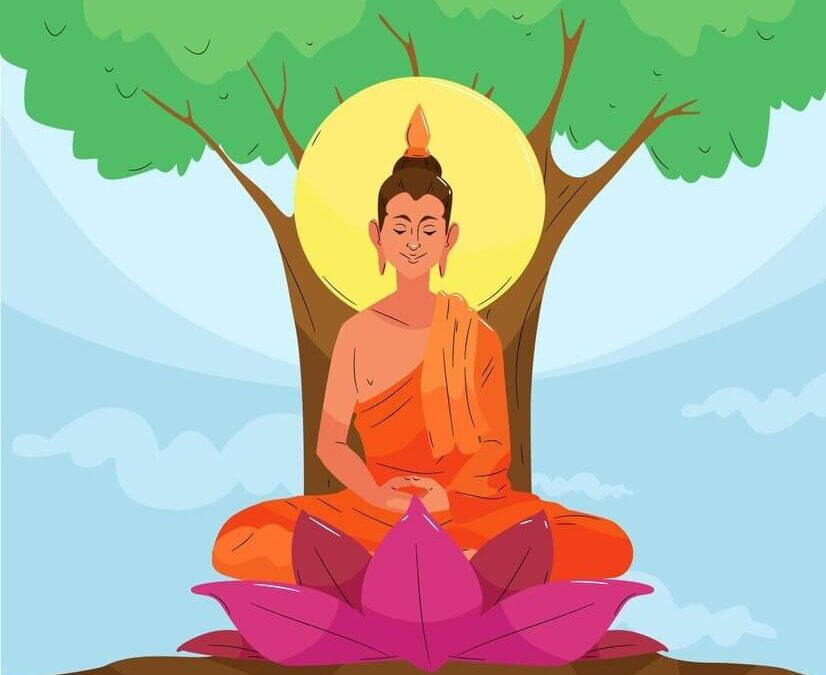
Gautam Buddha, Vardhaman Mahavir, Makkhali Gosala and many lesser teachers of 600 B.C. ignored the gods, but they were not thorough atheists and materialists. All admitted the existence of supernatural beings of strictly limited powers. All accepted the fundamental doctrine of transmigration, though they interpreted its mechanics individually.
Some thinkers, however, rejected all immaterial categories completely and their influence may have been wider than appear from the religious text of the period. If we are to believe the Buddhist scriptures, Ajit kesambalim founded a sect of monks. The Buddha condemned them as having no good motive for their asceticism. It is possible that, like the Epicureans, they were not so much an ascetic order as a fraternity of men with a common aim. In any case, an undercurrent of materialism is traceable in Indian thought from this time onwards.
The general attitude of the materialist schools was that all religious observances and morality were futile. A man should make the most of life and get what happiness he could out of it. The frugal virtues of Buddhism and Jainism were rejected. The materialist philosophy advocated a man must not turn back from pleasure for fear of concomitant sorrow. The man must accept occasional sorrow gladly, for the sake of joy, that he finds in the world.
To conclude, India has a very old tradition of materialistic thought, which was overshadowed by spiritualism.


